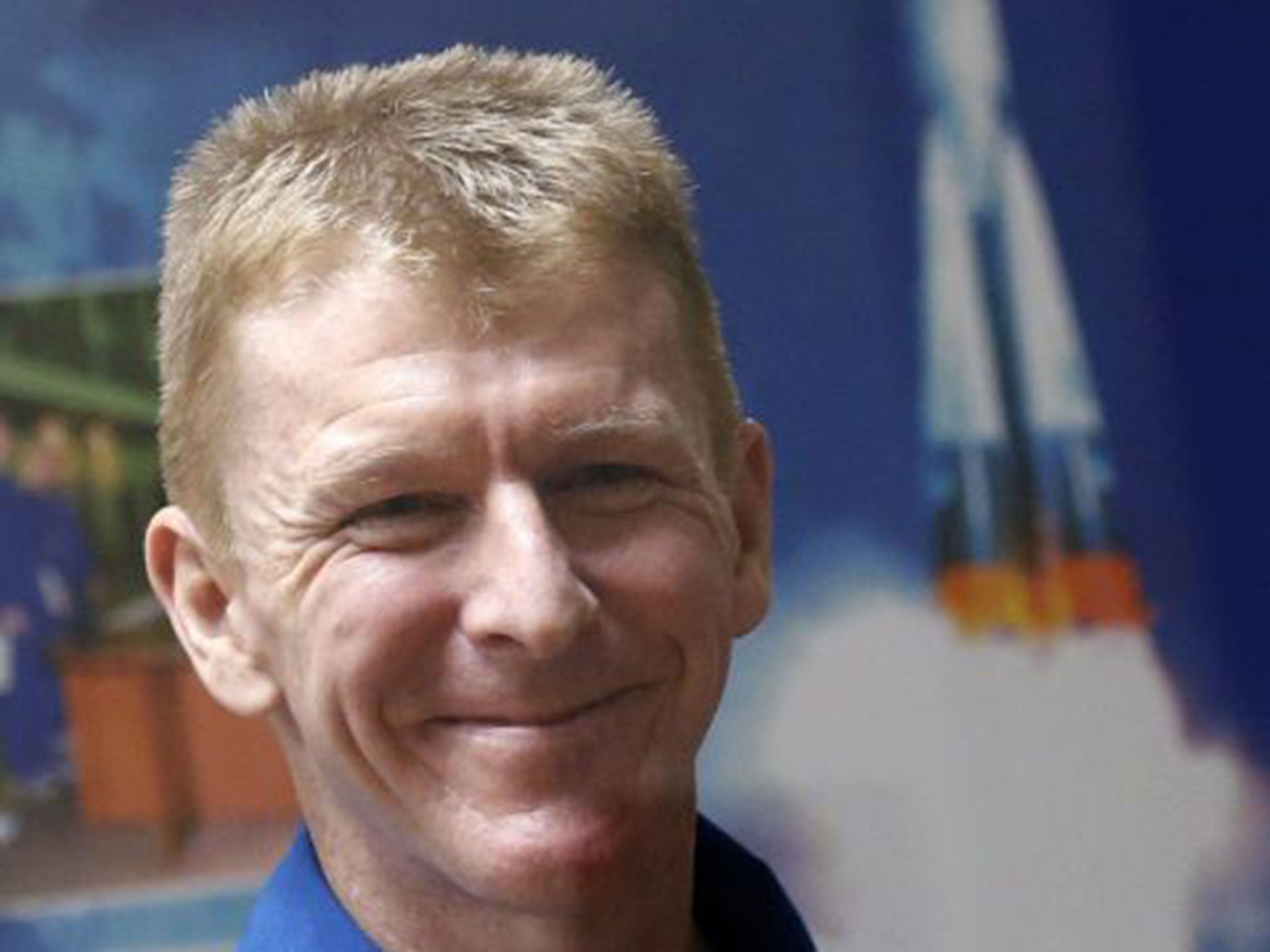Small Talk: Our space industry is much more than a bit player on the world stage
The industry is worth more than £11bn to the economy and employs 130,000. Those figures could double

Despite the excitement about Tim Peake’s stint on the International Space Station, there are those who wonder about the point of space exploration. They might like to meet the growing band of British entrepreneurs who are building businesses in the space industry.
“UK scientists have shown that thinking big and taking on challenges can deliver benefits far beyond what we set out to achieve. Research into space innovation will create employment and drive growth in years to come,” says Angus Horner, the director of Harwell Campus, a hub just outside Oxford for start-up businesses that is also home to the European Space Agency’s Centre for Space Applications and Telecommunications.
“Our space industry has seen year-on year growth of 8 per cent, and every job created in the sector enables two more elsewhere,” he says.
Harwell is cited as an example of best practice in the Government’s recently published national space policy – the UK’s first attempt at creating a co-ordinated strategy to drive the space sector forward – and ministers hope to replicate the cluster elsewhere. The industry is worth more than £11bn to the economy, they point out, and employs 130,000. With the right support, those figures could double.
There is no shortage of exciting stories. Take Oxford Space Systems, which has won a contract to supply satellite parts to the International Space Station. It points to the commercial opportunity – and to the human benefits – of emerging markets, where enormous rural areas can be linked to the rest of the world via satellite communications.
The company is one of many entrepreneurial small businesses benefiting from the fact that the cost of technology has come down dramatically. What was once an industry in which only giant state-backed agencies such as Nasa could afford to operate has become much more open to all.
Also benefiting from that theme is Insect Research Systems, another Harwell Campus success story, which is using space-related technologies to develop a real-time bedbug detection system. The company is closely involved in Space2Help, an organisation that brings healthcare professionals together with physicists to tackle everyday medical problems.
It is common for technologies developed in a space context to find broader uses. For example, Angus Horner points to the heat cameras developed at the Rutherford Appleton Laboratory, originally designed to map the ozone layer from space. Today, this technology is being used to build super reliable security cameras.
Much of the work being done by Tim Peake, meanwhile, will eventually help doctors to better understand asthma and immune system problems.
Then there’s the technology under development at Reaction Engines, which will eventually apply hypersonic air travel principles to commercial aviation.
What Britain’s space sector has been less good at is championing its achievements. Mike Lawton, founder of Oxford Space Systems, points out that the sector spends 1-2 per cent of revenues on marketing. The motor industry spends closer to 10 per cent. The result is that outside the community of space entrepreneurs and developers, few are aware just how successful Britain is on the world stage in this area. Tim Peake’s mission represents an opportunity to put that right, but the sector will need to work harder to make its case.
It will also need further support from public and private sector bodies. Mr Horner argues that while 16 per cent of the top cited articles in international research journals are by British-based authors, the UK gets just a 3 per cent share of global funding. If we are already punching so far above our weight, imagine the potential with more fulsome backing.
Tax changes ‘raise risk of investing ’
Changes to the tax system will attract a different kind of investor to young companies seeking to raise money, according to an expert in growth investment. Charles Owen, chief executive of CoInvestor, says the enterprise investment scheme (EIS) and venture capital trusts (VCTs), which give tax breaks to investors in small businesses, may have become more risky since the rules were changed.
Under the reforms only companies employing fewer than 250 and which are less than seven years’ old can use the EIS or VCTs to raise money. As a result, the schemes are likely to appeal to investors with a higher tolerance for risk.
“These businesses can be exciting investments with the potential to generate excellent long-term returns, and I hope that investors’ enthusiasm for such companies will continue to grow,” Mr Owen said. “However, I also want to be sure people are going into these investments with their eyes wide open, particularly now that the rules have changed.”
Join our commenting forum
Join thought-provoking conversations, follow other Independent readers and see their replies
Comments
Bookmark popover
Removed from bookmarks